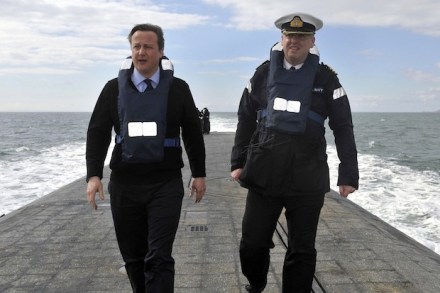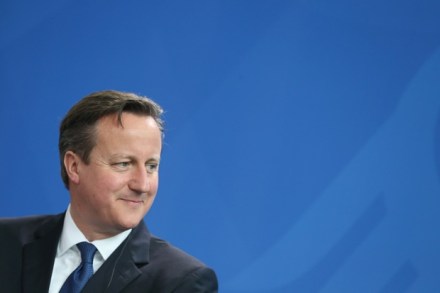Cameron has created a socialist utopia for pensioners
On the radio this morning, a campaigner from the Child Poverty Action Group had an ’emperor’s new clothes’ moment. Why not, she said, treat the young like the old. If the Tories insisted on having a ‘triple lock’ on pension benefits for the elderly, which guaranteed that the state pension must increase every year by whatever target was the highest – inflation, average earnings or a minimum of 2.5 per cent – why not put a triple lock on the benefits of poor families. The state would then treat the young like the old, and subsidise the future as it subsidises the past. You will understand why she was speaking




















